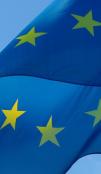Annual Meeting of Southeast Europe Coalition on Whistleblower Protection held in Podgorica
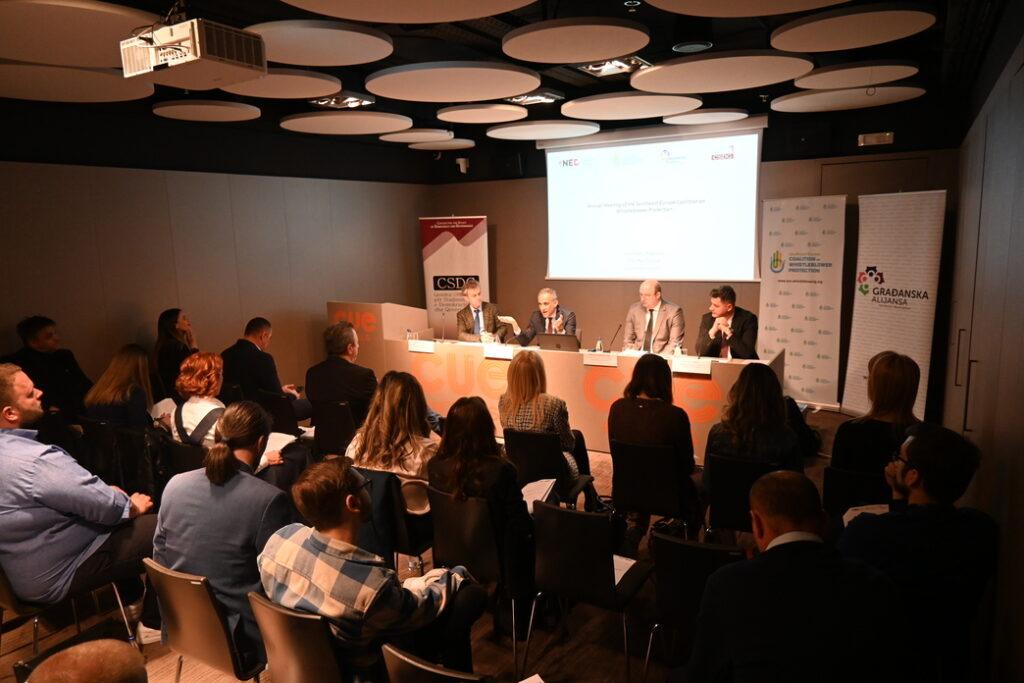
The Annual meeting of the Southeast Europe Coalition on Whistleblower Protection was held in Podgorica. The theme of this year's meeting was the role of whistleblowers in society, as well as the transposition of the EU Directive 2019/1937 on whistleblower protection into Montenegro's legal system.
The event was organised by the Civic Alliance in cooperation with the Centre for the Study of Democracy and Governance from Albania, as well as the Southeast Europe Coalition on Whistleblower Protection, with the support of the National Endowment for Democracy (NED) from the United States.
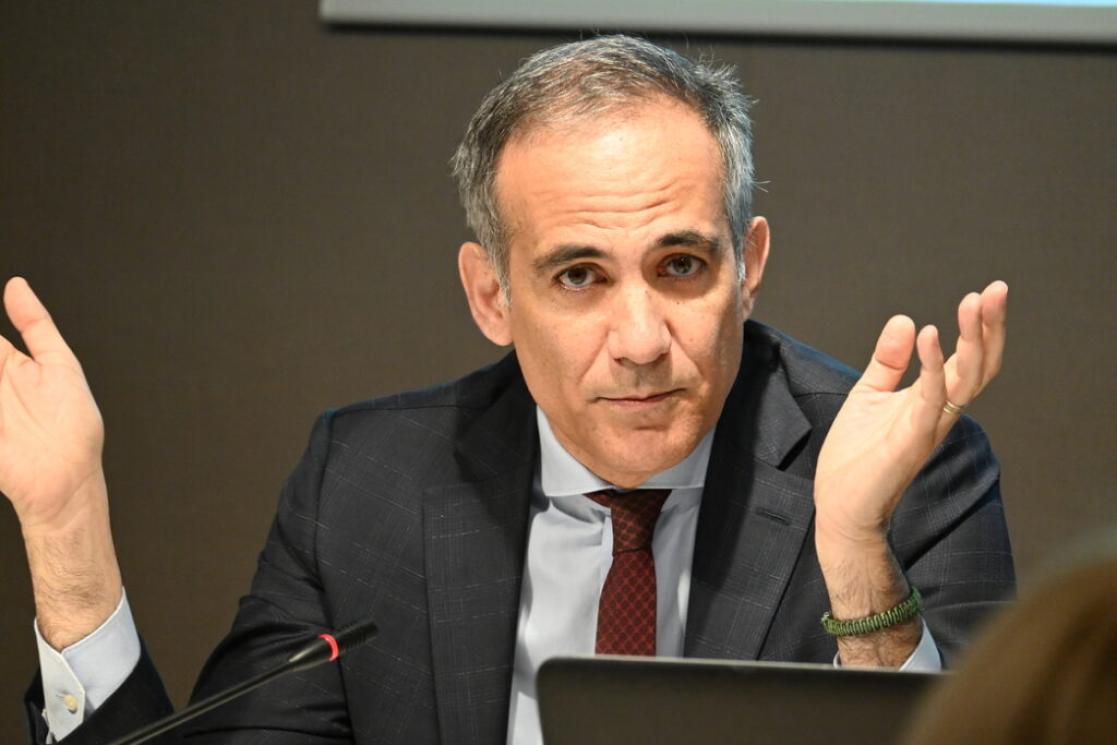
Copyright: Civic Allience
Deputy Head of the Delegation of the European Union to Montenegro, Riccardo Serri, emphasised the importance of Montenegro's accession process to the European Union and stated that now is the time to discuss anti-corruption efforts, with significant importance placed on collaboration between NGOs at various levels with the EU.
He also pointed out that the Agency for Prevention of Corruption is required to investigate reports of corruption submitted by citizens, but the main problem is that it cannot initiate legal proceedings regarding them.
"If Montenegro doesn’t comply with EU policies in these areas, it won’t be possible to proceed with the negotiation process," concluded Serri.
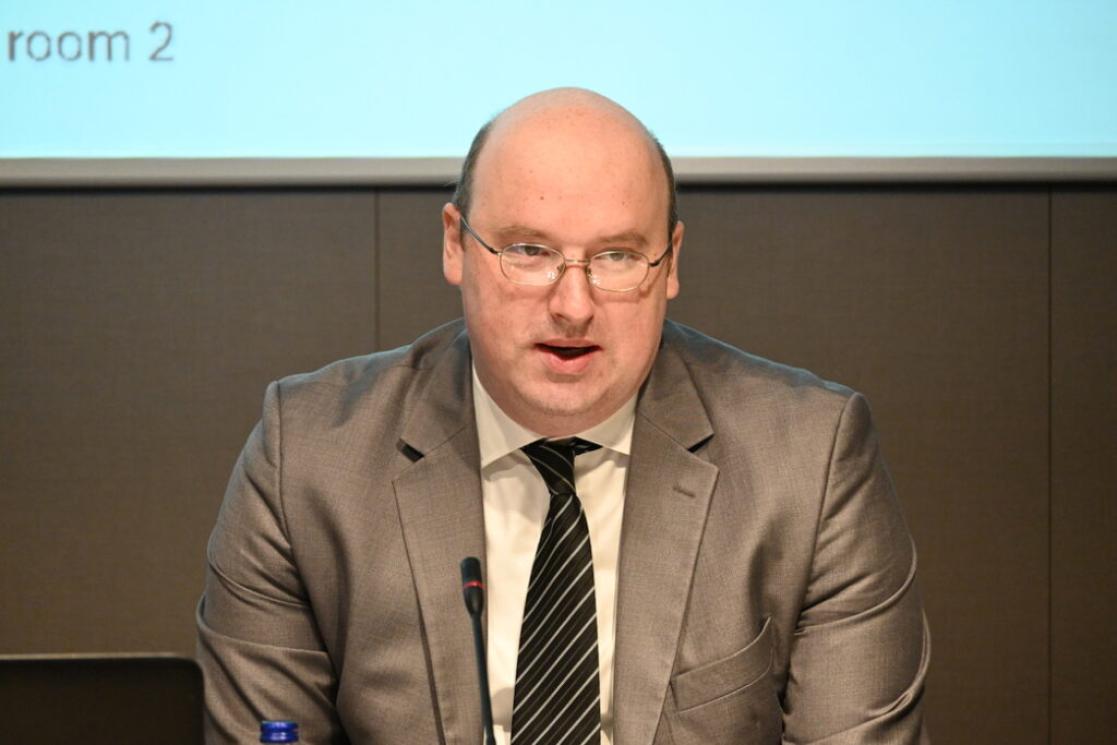
Copyright: Civic Allience
Nikola Naumovski, Anti-Corruption Adviser at the Regional Anti-Corruption Initiative, highlighted that the fight against corruption encompasses a range of preventive and corrective measures, but reporting this corruption represents a form of exercising freedom of expression, as one of the fundamental human rights crucial for the rule of law. Most serious corruption crimes are exposed through whistleblower reports.
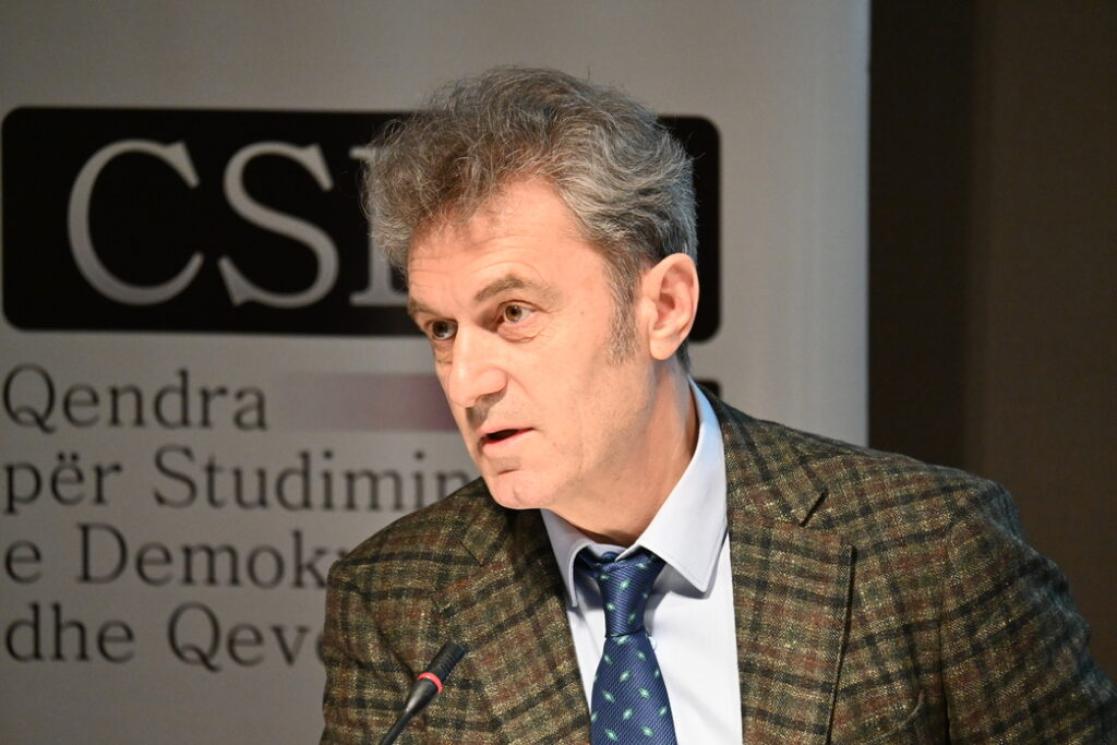
Copyright: Civic Allience
Arjan Dyrmishi, from the Southeast Europe Coalition on Whistleblower Protection, emphasised that the activities and efforts of the Coalition have led to significant impacts, from legislative activities such as advocating for or supporting the adoption of new whistleblower protection laws, monitoring the implementation of legislation and policies on whistleblowers, to providing direct support to individuals, researching cases, and promoting public support for this activity as a tool in the fight against corruption.
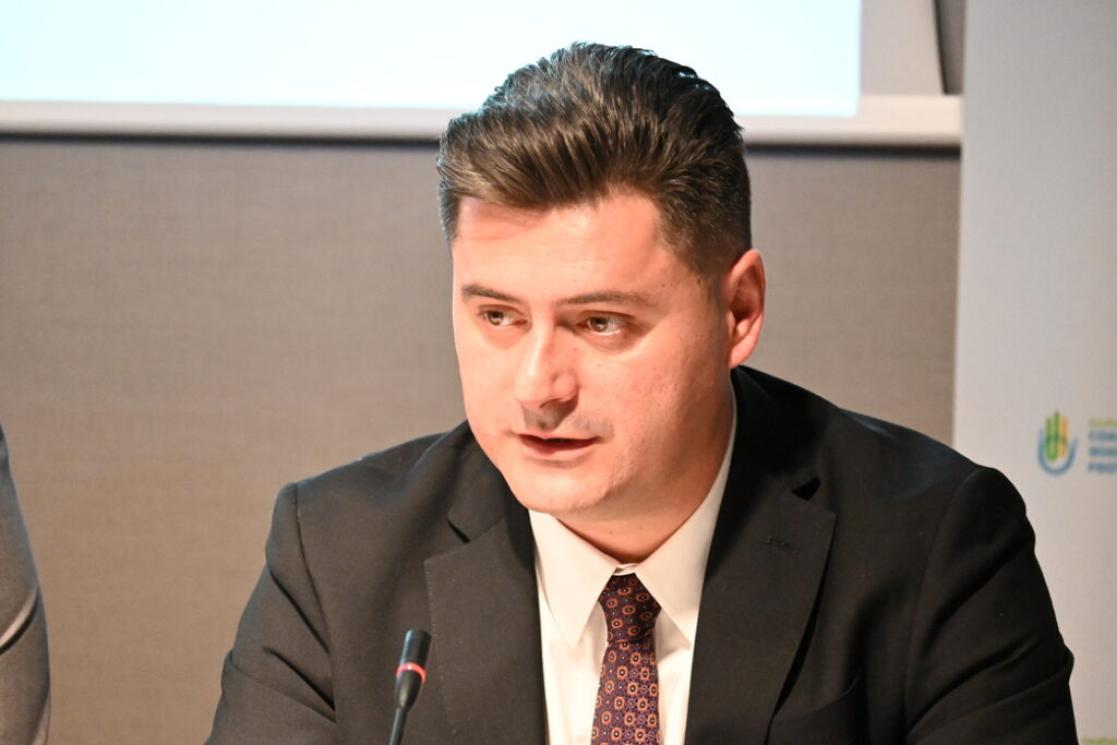
Copyright: Civic Allience
Pavle Ćupić (Civic Alliance) addressed the challenges whistleblowers face and noted that they are often subjected to threats, intimidation, and repression by the corrupt. Therefore, it is important to create an environment that will support and protect whistleblowers, providing them with adequate legal and institutional support.
Civil and environmental activist Aleksandar Dragićević also addressed the participants, reminding them that being a whistleblower before 2020 was impossible. The fate of these people was such that they were punished, lost their jobs, or faced inspections if they were entrepreneurs, all in an effort to prevent freedom of speech. Through the overview of the path taken by the civil sector, Aleksandar highlighted positive examples where activism and reporting on corruption can indeed lead to justice.
During the meeting, awards were presented to those who contributed to freedom of speech through their actions.

